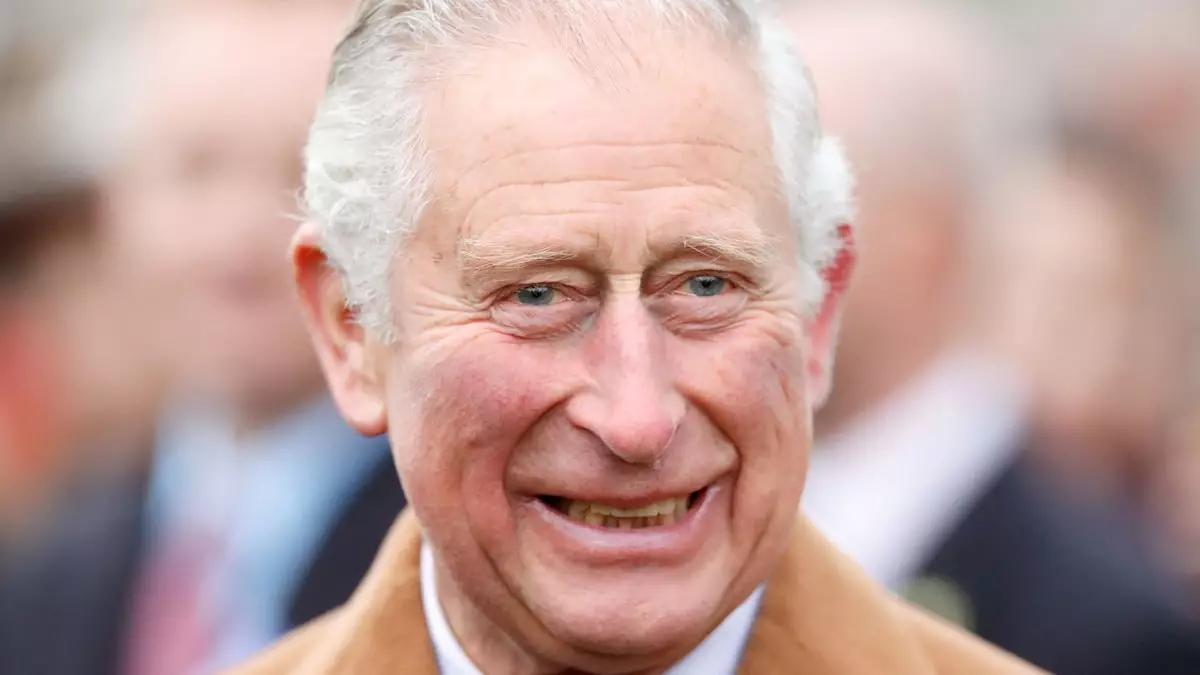King Charles III’s recent tour of Australia marks a significant moment in the history of the British monarchy. This nine-day journey, featuring an exceptional lineup of 36 royal engagements, is the first visit by a reigning monarch to Australia since 2011. At 75 years old, King Charles is traversing not only geographical distances but also navigating the complexities and challenges of royal responsibilities amidst personal health issues.
A Personal Journey: The King and His Health
Before delving into the broader implications of this monumental tour, it is important to highlight the personal context surrounding King Charles. Earlier this year, he was diagnosed with cancer, a revelation that understandably shifted the public perception of the monarch. During his treatment, the King took a vital two-month hiatus from royal duties, emphasizing the importance of health, even for those in positions of power. His positive response to treatment has reinvigorated him, allowing him to return to his royal engagements with renewed vigor. This backdrop adds layers of significance to his visit to Australia, as he demonstrates not only his commitment to his role but also the resilience of the human spirit in the face of adversity.
King Charles’s unconventional approach to travel is noteworthy. Unlike traditional royal tours that often involve private jets, the King chose to travel on a commercial airline for this tour, illustrating a shift towards a more modern and relatable form of royal engagement. This decision may reflect his intention to connect more deeply with the citizens he serves. Notably, he was seen departing Heathrow Airport without his wife, Queen Camilla, who was enjoying a separate wellness retreat—a practice she often resorts to for managing jetlag and maintaining her well-being during extensive travels. This dynamic offers a glimpse into the Balancing Act behind royal obligations: the need for personal space and rejuvenation.
The central theme of this tour is undeniably connectedness—both to the people of Australia and to the Commonwealth at large. With Australia being one of the most prominent Commonwealth nations, King Charles’s visit serves as a pivotal opportunity to strengthen ties and engage with a populace that has not seen a residing monarch for over a decade. The packed itinerary features events ranging from a high-profile gathering at the Sydney Opera House to critical speeches at Parliament House and the Commonwealth Heads of Government Meeting (CHOGM). Each of these events is designed not merely as ceremonial exercises but as genuine efforts to engage with important issues and discuss future collaborative endeavors.
Moreover, the choice of events highlights the King’s dedication to pressing societal issues, such as healthcare. His meeting with pioneering cancer doctors encapsulates a personal connection to the ongoing battle against cancer, allowing him to advocate effectively for health advancements and research. This engagement doesn’t just symbolize his role as a monarch but also as a compassionate individual who relates to the everyday challenges faced by his subjects.
In a world where royal engagements can often seem relentless, the planned ‘rest day’ is a significant acknowledgment of the human need for downtime. Such foresight indicates a thoughtful approach to royal balancing acts, ensuring that the King and Queen can recharge before diving into their extensive commitments. This careful pacing allows for sustained energy and enthusiasm throughout the tour, amplifying the overall impact of their presence in Australia.
King Charles’s inaugural long-haul tour as king is not only a testament to his resilience in light of personal health challenges but also a crucial step towards reinforcing the monarchy’s role in the contemporary world. His focus on engagement with Australian citizens and commitment to the Commonwealth underscores a revitalized vision for the monarchy—one that embraces modernity while honoring tradition. As he embarks on this crucial journey, the King is strategically positioning himself as a relatable leader, aiming to bridge any divide between monarchy and society, thus ensuring a lasting legacy in the Commonwealth’s rich story.

Leave a Reply